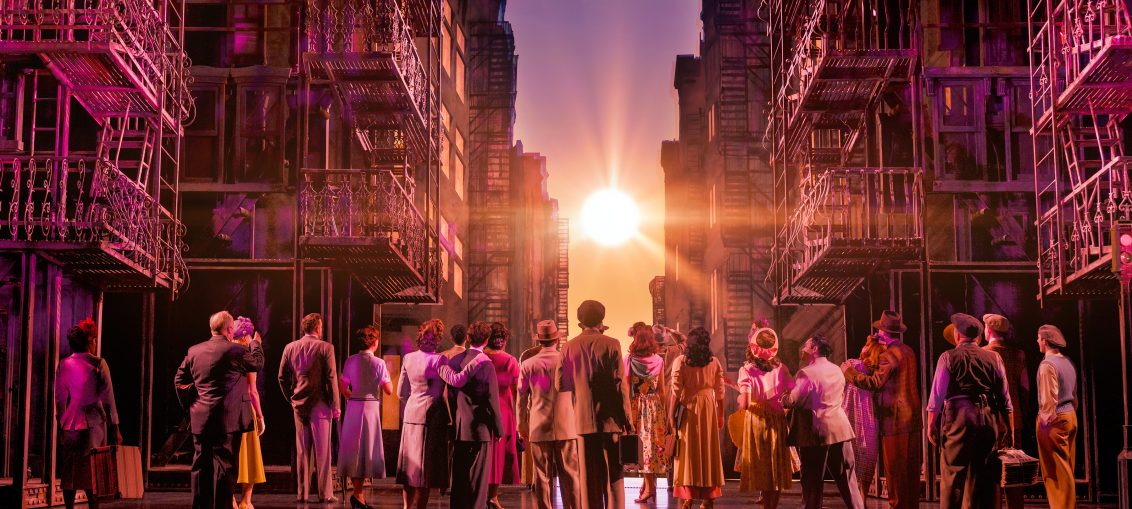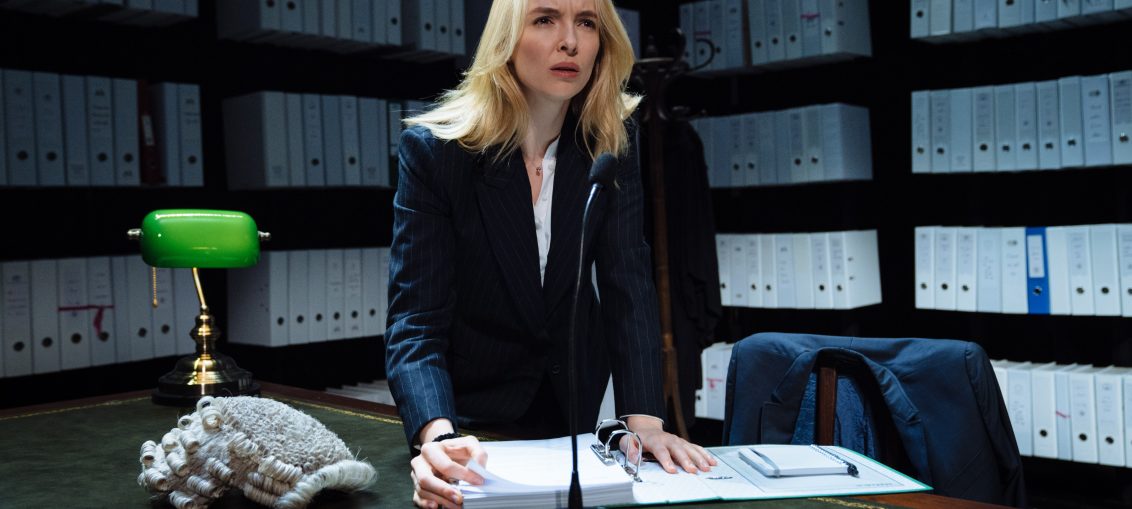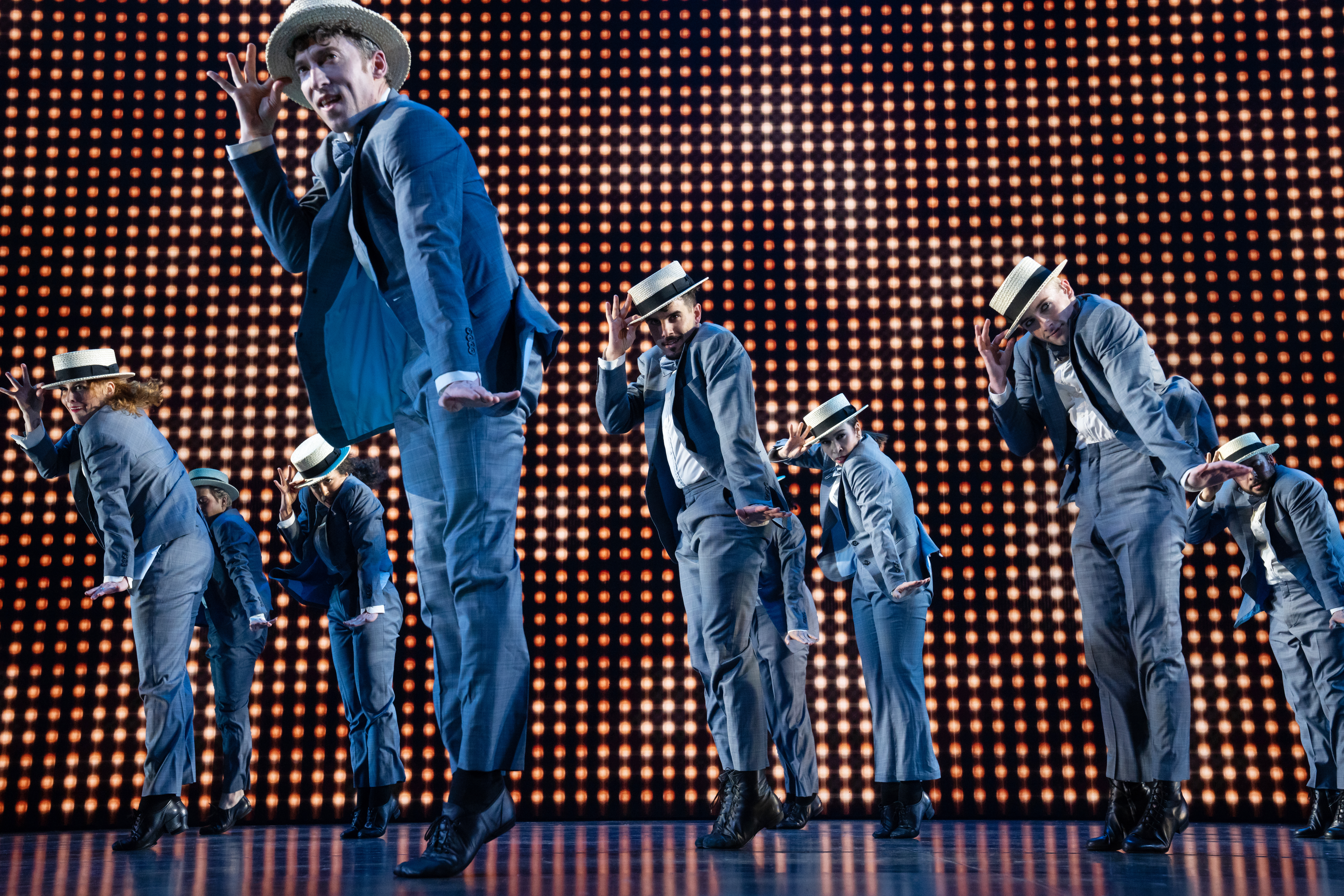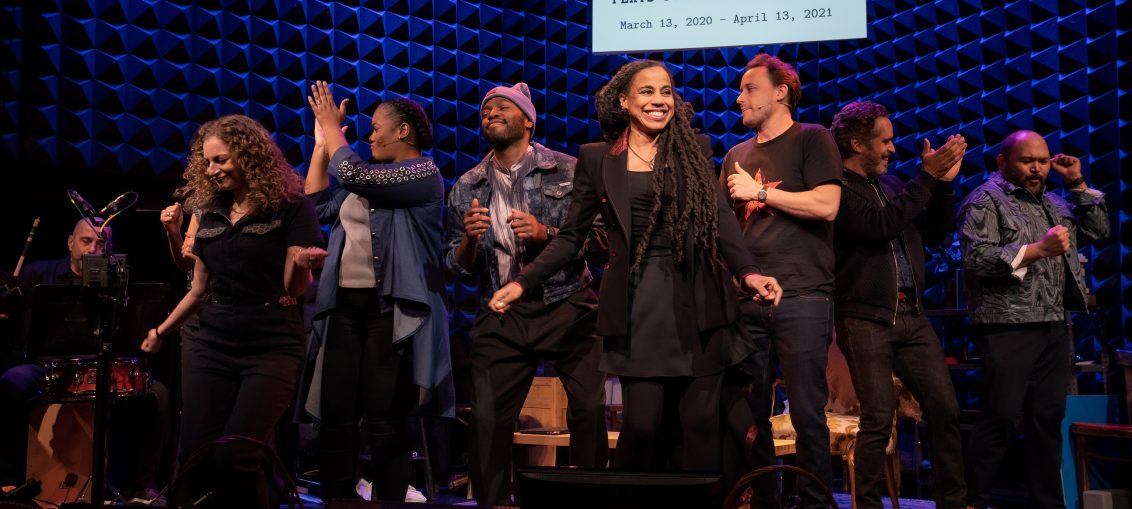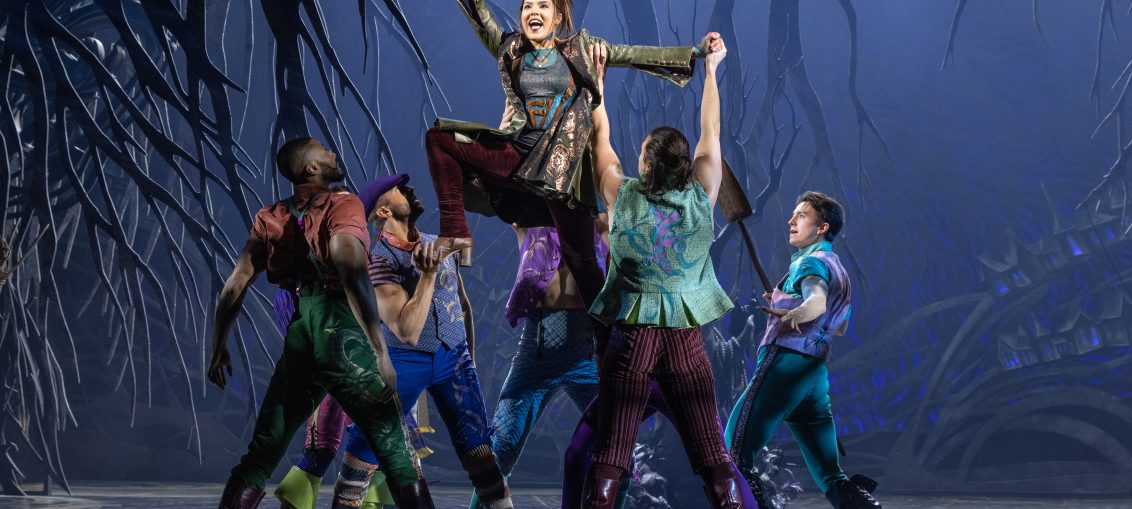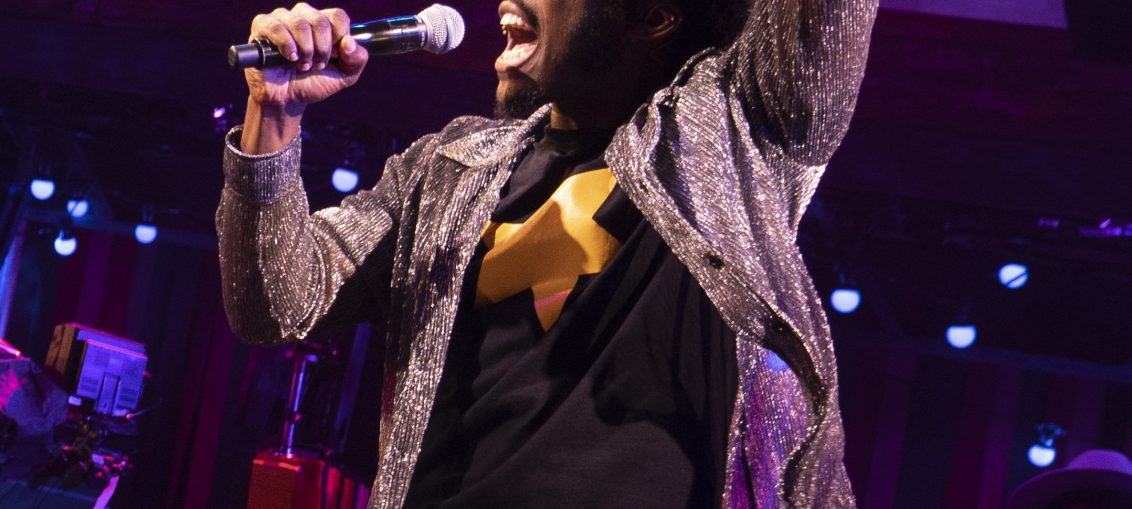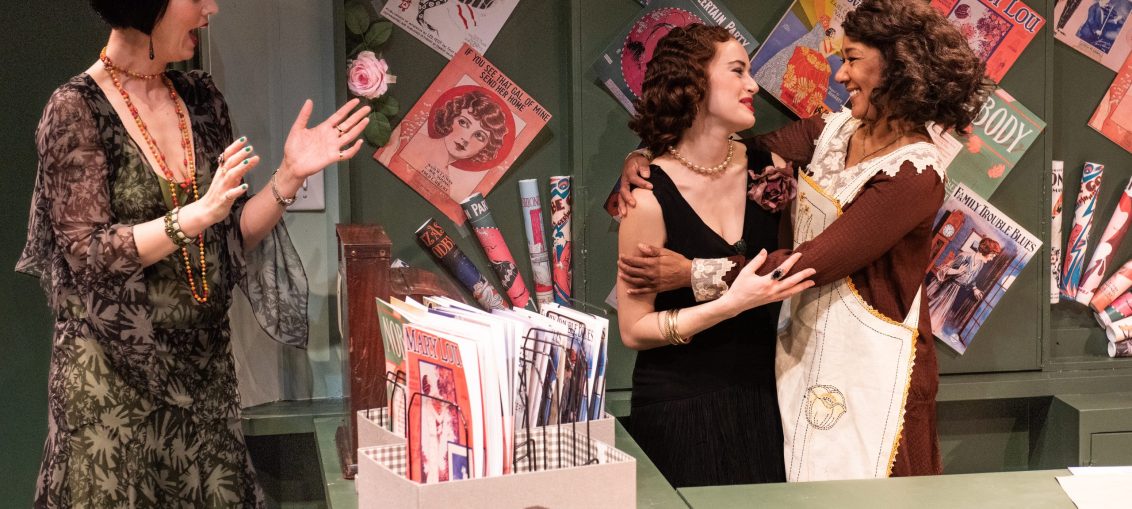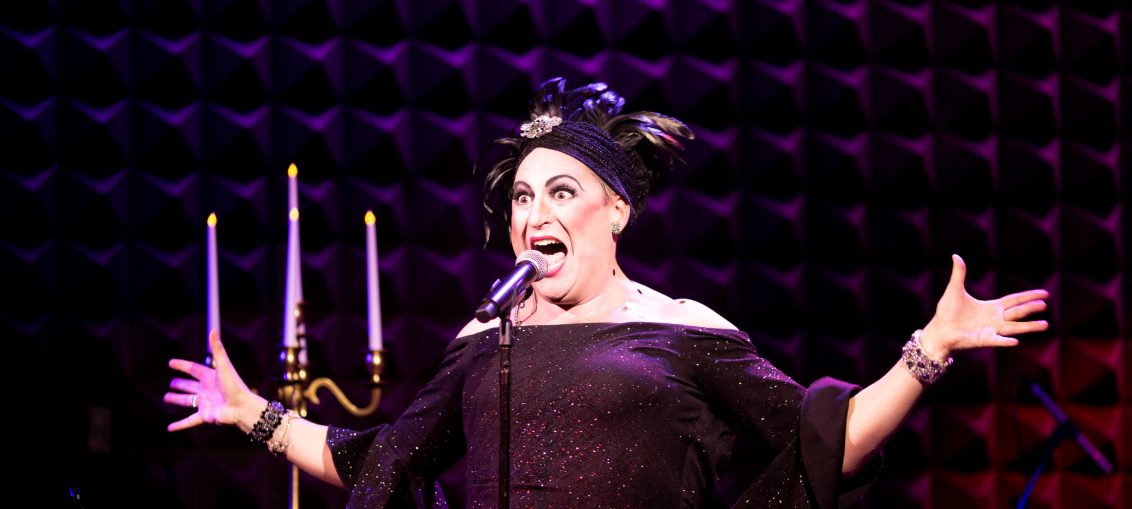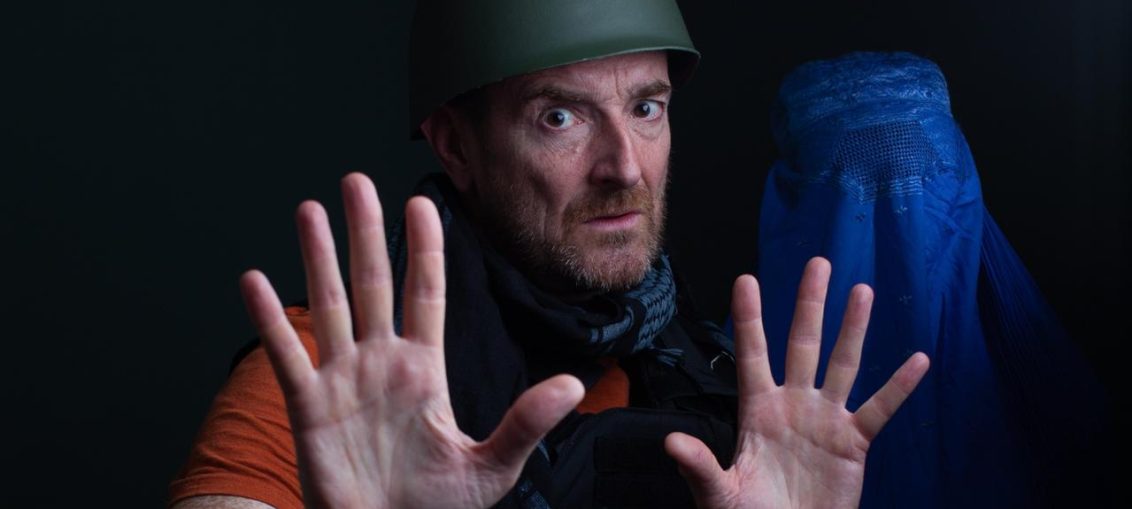Sometimes, all the elements for an excellent musical come together and the sparks simply don’t fly. Such is the case with New York, New York, a new musical based on a 1977 romantic movie. With songs by John Kander and the late Fred Ebb as well as new songs Kander wrote with Lin-Manuel Miranda, a book by David Thompson and Sharon Washington and direction and choreography by Susan Stroman, the show has all the makings of a hit, but the whole is not greater than the sum of its parts. The story, inspired by the classic film that gave New York
Reviews
Prima Facie: Turning the Tables
Madeleine Albright once said that there is a special place in hell for women who don't help other women. That quote could be at the heart of Prima Facie, a new one-woman play by Suzie Miller about a woman forced to confront her legal defense of rapists—and the legal system’s treatment of survivors—once she is sexually assaulted herself. The 90-minute play follows Tessa, a criminal defense barrister in London who uses peoples’ prejudices and misconceptions to ensnare them on the witness stand and who firmly believes that whoever builds the best case will win. Justice is incidental: “If a few guilty
Dancin’: Celebrating an Art Form
Bob Fosse developed the musical Dancin' as both a tribute to and a departure from his signature choreographic style. The show, which premiered on Broadway in 1978, was conceived as a celebration of dance itself, showcasing a wide variety of dance styles and techniques in a series of distinct sequences, each with its own style. Fosse used this structure to experiment with different choreographic techniques and to explore the boundaries of what was possible within the realm of dance. It worked. The initial production ran for 1,774 performances and launched a national tour that included different scenes and dances, demonstrating the
Plays for the Plague Year: Art and Catharsis
There is something powerfully cathartic about art created out of trauma, especially when that art reminds us that we aren’t alone in our pain. In Plays for the Plague Year, which opened last night at The Public Theater’s Joe’s Pub, Suzan-Lori Parks reminds her audience that pain shared is halved, but joy shared is doubled. Parks created the piece from March 2020 to April 2021 while the country was in lockdown. Much as she did with 365 Days/365 Plays, Parks wrote one short play (and some songs) for each day, documenting the fear, anger and helplessness that dominated the national discourse
Bad Cinderella — Campy, But Not Classic
Yet again, Andrew Lloyd Webber has created a musical with a titular protagonist rejected by mainstream society for not meeting popular beauty standards—but unlike The Phantom of the Opera, Bad Cinderella eschews gothic melodrama in favor of silliness, aiming for laughs that it rarely earns. The setting of this adaptation is Belleville, a town where beauty is prioritized above all else. Only two people in the town do not live up to the community’s surface standards: Cinderella and Prince Sebastian, the new heir to the throne since the disappearance of his older brother Prince Charming. The two, of course, are best
“The Harder They Come” — The Public Theater
The Public Theater presents this stage version of the 1972 film by the same name. It was the first Jamaican feature film, just a decade after independence, and the first film that exposed a world-wide audience to reggae music. Jimmy Cliff played the lead role, Ivanhoe (Ivan) Martin, and for a time, he was the face of reggae before that passed to Bob Marley. While writer-in-residence Suzan-Lori Parker has altered some of the plot for instance, (larger parts for Ivan's mother Daisy and his wife Elsa), she has retained the integrity of the story and theme. “The Harder They Come”
“Becomes a Woman” — New York City Center Stage II
The world knows Betty Smith as the woman who wrote the coming-of-age novel A Tree Grows in Brooklyn, a minor (or arguable a major) American classic. The irony is that she considered herself a playwright rather than a novelist. “Becomes a Woman” has never before been produced, despite winning the Avery Hopwood Award in 1931 at the University of Michigan – along with the princely sum (for the Depression) of $1,000. The Mint Theater Company has seen fit to stage it. I am very glad they did. Emma Pfitzer Price plays the lead role of Francie Nolan (the same name as
Under the Radar Festival: 2023 Highlights
Lovers of avant-garde, cutting-edge performing arts in tune with the current pulse rejoice! The Public Theater’s annual theater festival, Under the Radar, is back after a hiatus since its 2020 edition. This year brought some of the most exciting creators making new work locally, nationally, and globally. This year’s UTR Festival sprawled out across various venues beyond the Public’s Astor Place home, including the Brooklyn Academy of Music (BAM), The New York Public Library, and La MaMa, to name those I visited. My final show was a homecoming to Joe’s Pub for New York cabaret artist Salty Brine’s monstrously fun
Quinn’s Quixotic, Quagmire & Laughs At The Lucille Lortel Theater
PHOTOS BY: MONIQUE CARBON Colin Quinn has been a New York City mainstay for over 35 years. He’s remembered as far back as the mid-nineties when he was the co-host and announcer for MTV’s trivia show, “Remote Control”. I can still hear Colin’s voice in my head right now introducing the show's host, the late Ken Ober, “The Quiz Master of ’72 Whooping Cough Lane”. Many will also remember his iconic “I’m Going Back To Brooklyn” parody. There is also, of course, his very memorable stint as SNL’s News Correspondent in the early 2000s. He’s been at the forefront of comedy
“Afghanistan is Not Funny” — Soho Playhouse
The Soho Playhouse is an artistic institution in New York that punches well-above its weight in the theatre world. Much of this rests on the Fringe Encore Series, which brings some of the best fringe work from around the world to its stage. With “Afghanistan is Not Funny,” it has scored again. Henry Nayler's one-actor show has won more awards than many shows have had performances, and Nayler himself has won at Edinburgh 3 times. And they were well-deserved, every one of them. Like most one-actor shows, Afghanistan is Not Funny relies on the personal adventures of the playwright. Back in
 Monday, January 5, 2026
Monday, January 5, 2026